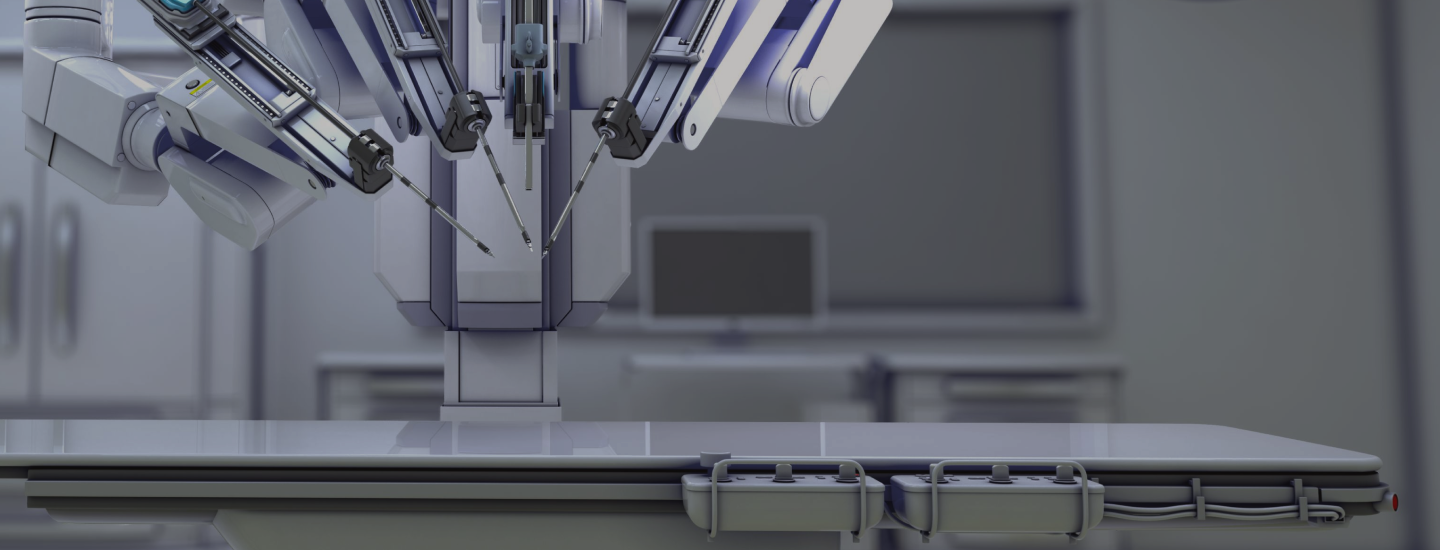Robotic surgery – Da Vinci Xi
Da Vinci Xi robot is the most advanced robotic surgery system in the world and represents the gold standard in modern, minimally invasive surgery.
This technology combines the surgeon’s expertise with the precision and dexterity of a specialized robot. The surgeon – and not the “robot” – performs the surgery and completely controls the robotic system and the surgical procedure.
The surgeon controls the robot, which replicates the surgeon’s movements with its arms, but with technology that allows them to see better, intuitively control the instruments, and operate from an ergonomic and comfortable position.
Minimally invasive procedures
The sophisticated Da Vinci Xi system enables minimally invasive surgery and facilitates surgeons’ access to narrow anatomical segments specific to urological pathology and areas that are difficult to reach with classic or laparoscopic incisions.
Instead of large abdominal incisions, smaller incisions of 5 to 12 mm are sufficient for inserting the necessary instruments and camera into the patient’s body.
The robot perfects the surgeon’s skills and thus eliminates the risk of human error. Through a system of top-of-the-line robotic instruments, surgeons gain better control and stability during surgery, thus precisely targeting the intervention site and avoiding critical areas of the nervous system.
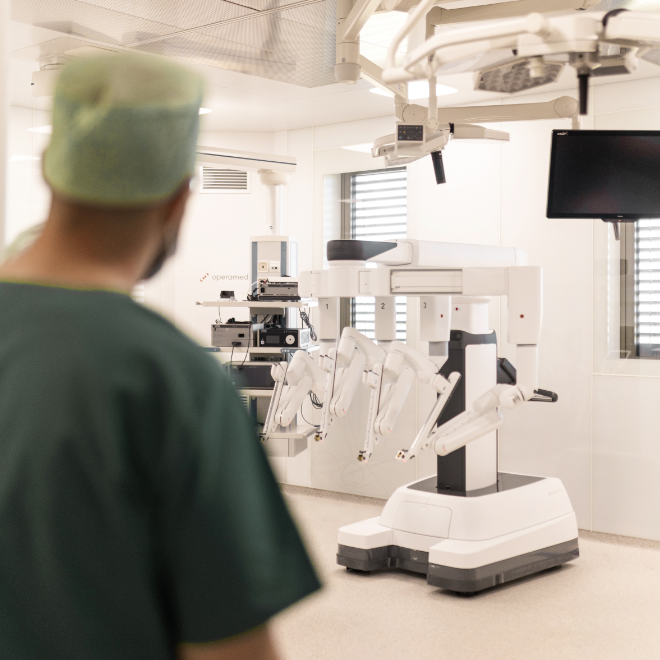
Precision and visualization
The entire procedure is observed by a specialized medical team on a monitor, which simultaneously processes the anatomical structures in a three-dimensional (3D) plane. Safety, accuracy, and the possibility of magnifying images 10 times ensure precise navigation and visualization of the intervention area in real-time.
The robot’s arms have incredible mobility with a range of motion of up to 540 degrees and millimeter precision, thus exceeding the limitations of the human hand.
Intuitive control and ergonomic equipment design increase the accuracy of surgical movements, making the Da Vinci system unique in its class.
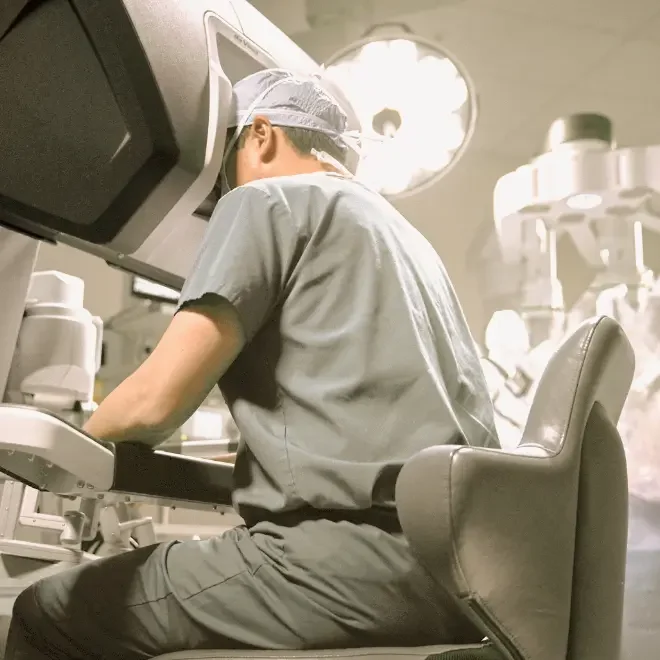
Consultations
To determine the right time for surgery, we invite you to contact us and schedule a consultation. During the consultation, you will have the opportunity to discuss everything in detail with your doctor, share your doubts, and get answers to all your questions.
Our team will carefully guide you and provide you with all the necessary information for proper preparation for the procedure. We will be with you every step of the way to provide you with medical, emotional, and logistical support.
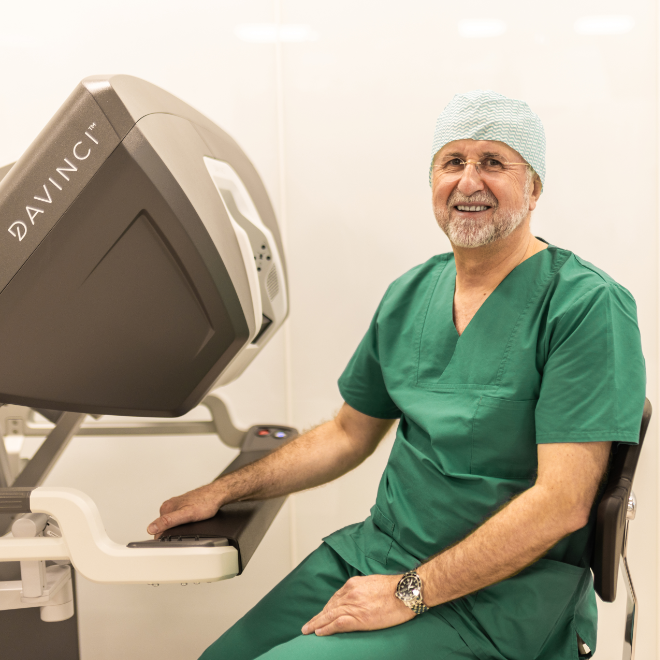
Advantages of robotic surgery
The use of the Da Vinci medical robot achieves a high standard of surgical interventions, reducing the risk of complications and postoperative discomfort. In addition to enabling extraordinary precision, it also represents a pioneering step towards the future of surgery, improving the quality of healthcare on a global level.
For patients
Increased precision
Faster recovery
Minimizing the risk of complications and infections

Less post-operative discomfort
Shortened hospital stay
Faster return to daily activities
Less visible scars

Smaller incisions reduce the risk of excessive bleeding
Treatment and Recovery at IMC Priora
-
Preparing for your surgery
Before your admission at IMC Priora, our doctors will conduct a thorough examination. You'll also complete all the necessary laboratory tests for the operation, including a standard pre-operative work-up, an ECG, and potentially other diagnostic tests depending on your health. Anesthesiology and other specialist consultations are also part of the pre-surgical process. You'll receive detailed information about the planned procedure during your specialist consultation with the surgeon.
The medical staff will then guide you through the ward, show you your room, and explain the care procedures you can expect during your stay.
-
Day of the surgery
On the day of your surgery, the medical staff will assist you with pre-operative preparations before taking you to the operating room. We'll handle everything, so you can focus on getting ready. You will need to fast for several hours before the surgery – the medical team will provide specific instructions on when this fasting period begins. You are also not allowed to smoke or drink alcohol prior to the procedure.
Following the surgery, you won't be placed back in your room until the effects of the anesthesia have almost completely worn off. This could mean returning late afternoon or even evening. The ward medical team will advise you on when you can resume eating and drinking. Throughout the day, you'll receive intravenous fluids to ensure your body gets the necessary hydration and nutrients. Pain medication will also be provided to manage any discomfort.
Later in the evening, your surgeon will visit you to discuss how the operation went. You'll also be allowed to receive visitors. We'll perform an examination to check the surgical wound, dressings, and the contents of the drain placed during the procedure.
-
The first day after surgery: taking the first steps
Our hospital staff will help you out of bed for the first time after surgery. Pain management is especially important on this day, as it shouldn't hinder your ability to move around or breathe comfortably. Our medical staff will guide you through breathing and physiotherapy exercises to help you regain strength. They'll also assist you in standing and taking a short walk around the ward. On the day after surgery, you'll be served light meals, and by the following day, you can usually resume your regular diet. If there are no complications, the intravenous cannula can typically be removed on the evening of the first postoperative day.
-
The second day after surgery: getting back on your feet
By the second day after surgery, you should be able to get out of bed independently and walk around the ward to promote blood circulation. We highly recommend taking regular rest breaks throughout the day. If the surgical wound is dry, the drain can be removed now. However, the urinary catheter will remain in place for a while longer. Your family and friends are welcome to visit you at IMC Priora anytime during your stay.
-
The third day after surgery: a quick return to normal
With each passing day, you should feel progressively better and more mobile. It usually takes a few days for the stitches (anastomosis) to heal properly. Until then, the catheter inserted during surgery must remain in place. The healing rate of anastomosis varies from patient to patient and depends on various factors. Your surgeon will personally explain how to use the catheter during your stay.
In many cases, patients are discharged home with a catheter still in place. Our experience shows that this is usually not a problem. If the catheter needs to be removed after your hospital stay, we can schedule an appointment for you. Alternatively, your urologist can also remove it if you live far from IMC Priora.
-
Discharge home and final consultations with the surgeon
Patients typically recover and are discharged from the hospital between the fourth and sixth day post-surgery. You will be informed of the results of the microscopic analysis of the tissue removed during surgery (pathological findings) as soon as possible. It's important to note that the final analysis won't be available during your stay. This comprehensive analysis takes longer to process, but it provides crucial information that helps us to determine your further treatment plan.
The medical team at IMC Priora is available to answer any questions or address any concerns you have before, during, and after your hospital stay. Don't hesitate to ask – we're here to support you every step of the way.

